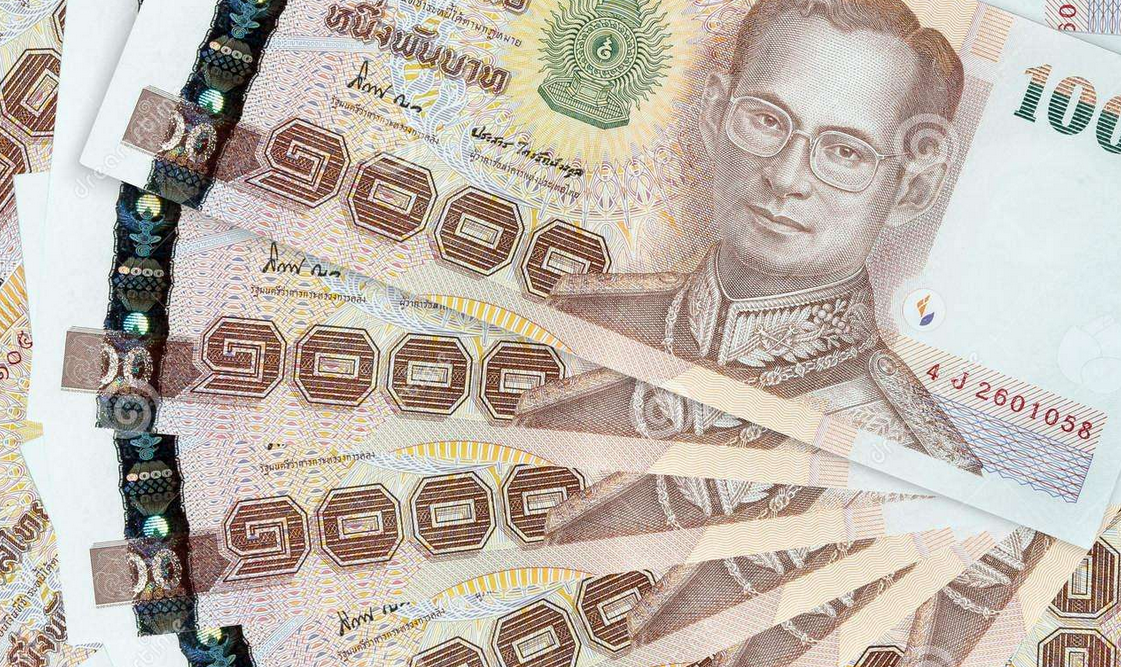InfoQuest (September 16, 2019) - According to Mr. Pridi Daochai, chairman of Thai Bankers' Association (TBA) and director of Thai Farmers Bank (KBANK), Thailand’s household debt is on increase. For now, the debt accounts for 78.7 percent of the national GDP. Specially, personal credit loans account for 34 percent, housing loans 33 percent, commercial loans 18 percent, car and motorcycle installment loans 12 percent, and credit card debt 3 percent. This continuous rise is partly because income increases slower than spending in Thailand. As technological advancements and modern innovations keep bringing about changes, there is a gradual rise in people’s spending.
For the moment, the household debt is within control, and hasn’t yet exerted negative effect on the overall economy and domestic commercial banks. But if its proportion in GDP continues going up and reaches 84 percent, it may put the overall economy at risk and cause negative economic effects. TBA has fully realized the importance of prudent lending and not long ago, Thai commercial banks and the Bank of Thailand (BOT) signed a cooperation agreement on Responsible Loan.
Mr. Pridi holds that for either large loans or small loans, commercial banks should bear in mind their corporate social responsibilities, especially those for environmental protection. Encouraging responsible loan among commercial banks is also conducive to decreasing household debt, especially on unnecessary spending. Imposing strict review on credit on unnecessary spending and promotion will be the focus of their moves. For example, 6-month travel installments with an interest rate of zero percent and 10-month or 24-month mobile phone installments with an interest rate of zero percent, which are one of the reasons for the increasing household debt, are among the targets.
But some loans with an interest rate of zero percent are still allowable, because some are necessary to help customers cut costs. The review will be based on the actual situation of each type of credit. Prudent lending may have some impact on credit growth in the system, but it will help reduce household debt.
Mr. Pridi also mentioned the overall operation of KBANK for the rest of the year saying that “KBANK’s credit growth is expected to pick up in the fourth quarter of 2019”. That’s because people tend to spend more in the period, and the short-term economic policy by the government is also one contributing factor. Therefore, the consumption spending will see a recovery. Like consumption spending, the private investment will also grow, because the private sector makes preparations for next year's investment plan in the period. KBANK believes that the credit growth will reach the target of 5-7 percent this year.
Source: InfoQuest, by Jeerayuth Junsongsakun / Kasamarporn / Sasithorn, translated by Xinhua Silk Road
Notice: No person, organization and/or company shall disseminate or broadcast the above article on Xinhua Silk Road website without prior permission by Xinhua Silk Road.




 A single purchase
A single purchase









